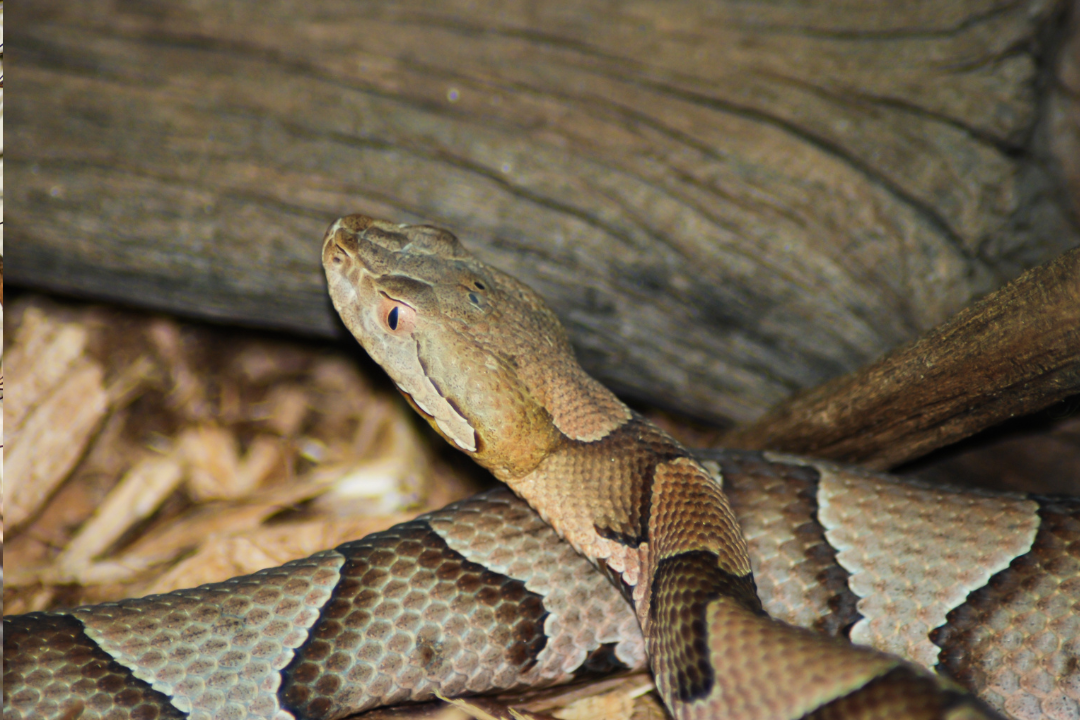
Emergency Snake Removal
in Raleigh, North Carolina
Emergency Snake Removal in Raleigh: When Quick Response Matters
Understanding Snake Encounters in Raleigh
Raleigh's unique blend of urban development nestled among natural areas creates frequent human-snake interactions. The region is home to over 30 snake species, including common non-venomous varieties like rat snakes, garter snakes, and kingsnakes, as well as venomous species such as copperheads—the most frequently encountered venomous snake in Wake County. Climate patterns, particularly during warmer months from April through October, increase snake activity and the likelihood of encounters.
When Snake Removal Becomes an Emergency
While many snake encounters don't require immediate intervention, several scenarios warrant emergency response:
Venomous snake identified inside living spaces
Snake trapped in confined areas causing distress
Multiple snakes indicating potential nesting sites
Snakes in areas frequented by children or pets
Individual with snake phobia requiring immediate assistance
Snake discovered in sensitive locations like bedrooms or nurseries
Identifying Common Raleigh Snakes
Quick identification helps determine appropriate response levels:
Non-Venomous Species (Generally Lower Emergency Priority)
Black rat snakes (large, solid black with white chin)
Eastern garter snakes (slender with lengthwise stripes)
Eastern kingsnakes (black with distinctive chain-like pattern)
Brown snakes (small, brown with darker markings)
Venomous Species (Higher Emergency Priority)
Copperheads (light brown/copper with hourglass crossbands)
Timber rattlesnakes (less common, found in rural outskirts)
Professional Emergency Response Protocol
Qualified snake removal specialists in Raleigh typically follow these procedures:
1. Immediate Containment
Professional responders prioritize locating and containing the snake using specialized equipment, preventing its movement into inaccessible areas while ensuring family safety.
2. Species Identification
Experts quickly identify the species to determine:
Appropriate handling methods
Risk assessment
Relocation requirements
Whether multiple snakes may be present
3. Safe Capture Techniques
Depending on the situation, professionals employ:
Snake hooks and tongs for safe distance handling
Specialized containment bags and containers
Protective equipment appropriate to species risk level
Techniques minimizing stress to the animal
4. Thorough Investigation
After initial capture, specialists conduct property assessments to:
Identify potential entry points
Discover evidence of additional snakes
Locate attractants like rodent populations
Evaluate environmental factors contributing to snake presence
5. Professional Relocation
Captured snakes are relocated to appropriate natural habitats away from residential areas, in compliance with North Carolina wildlife regulations regarding protected species.
When to Call Emergency Services
Contact emergency snake removal when:
The snake is in living spaces or confined areas
You cannot confidently identify the species
You suspect venomous species
You observe snakes repeatedly in the same area
The situation causes significant distress to residents
Prevention After Emergency Removal
Comprehensive services address underlying factors:
Sealing foundation cracks, gaps, and potential entry points
Removing brush piles, excessive ground cover, and debris near foundations
Addressing rodent populations that attract snakes
Managing landscaping to reduce snake-friendly habitat near living spaces
Installing snake-deterrent barriers around critical areas
Selecting Emergency Snake Removal Services
When facing snake emergencies in Raleigh, prioritize:
24/7 availability with rapid response times
Documented experience with North Carolina snake species
Proper licensing and insurance
Humane handling practices
Comprehensive solutions beyond immediate removal
Educational approach helping homeowners understand prevention
Community Resources
Raleigh residents can access additional support through:
North Carolina Wildlife Resources Commission for snake identification
Local nature centers offering educational programs
University extension services providing prevention information
Online reporting tools for tracking snake activity patterns
By understanding when snake encounters constitute genuine emergencies and engaging qualified professionals, Raleigh residents can address these concerning situations promptly while maintaining appropriate respect for these important members of North Carolina's ecosystem.

